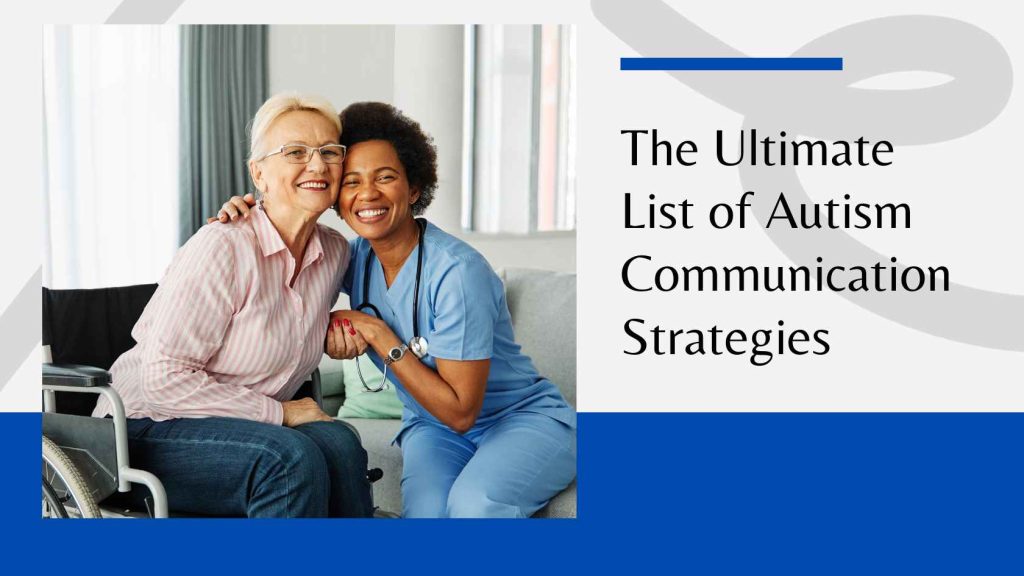- Oak Brook:(630) 705-9999
- Chicago:(312) 920-8822
- Email:inquiry@vervecollege.edu
- Make a Payment
- Home
- Programs
- Admission
- Resources
- ATI Entrance Exam Resources
- New E-Digital Library
- Refer a Friend
- School Newsletter
- Events
- Employers
- Job-Network
- Alpha Beta Kappa Candidates
- Verve College Library
- Graduation and Pinning Ceremony Photo Galleries
- Textbook Information
- Career Services
- Tutoring
- School Catalog
- FAQ
- Constitution Day Program
- Alumni
- Verve College Plans
- Financial Aid
- HEERF Reporting
- Satisfactory Academic Progress
- Apply For Financial Aid
- Net Price Calculator
- Return of Title IV Funds (R2T4)
- Financial Aid Office Code of Conduct
- Contact
- FAQs
- Verification Policy
- Vaccination Policy
- Student Right-to-Know Act
- Misrepresentation
- Information Security Program
- Academic Award Year
- Availability of Employee
- Cost of Attendance
- Health & Safety Exemption Requirement
- Students Rights and Responsibilities
- Leave of Absence
- Pell Formula
- Military Students
- Grants/ Scholarship Policy
- Contact Us
- Testimonials
- Blog
Is a Nursing Career Right For You?
Take The Free Quiz
The Ultimate List of Autism Communication Strategies
The Ultimate List of Autism Communication Strategies
Children with ASD may find it challenging to communicate, maintain relationships, or express themselves. By combining techniques, therapists, such as applied behavioral analysts, can help children with ASD to improve their communication skills. Find licensed practical nurse programs near me that help you gain a better understanding of autism communication with their prerequisite course. In this article, we’ll look at four autism communication strategies.
What is the Impact of Autism Spectrum Disorder (ASD) on Communication and Behavior?
Children with autism spectrum disorder affect communication and behavior in different ways depending on each individual. Here are some examples:
- Avoiding eye contact in social situations or conversations.
- Lack of empathy towards others.
- Repeated motions or behaviors.
- Self-harming and self-destructive behavior that is repetitive, such as repeatedly banging the head.
- Social cues are not being correctly understood.
- Obsessively focusing on one subject.
- Socializing with others is not a priority.
- Speak in a monotonous or flat manner.
4 Autism Communication Strategies for Therapists and Counselors
Strategy 1: Using Communication Boards
Children with ASD may experience difficulty in speaking, especially those with nonverbal autism in health care settings. Nonverbal children can express themselves using social communication boards by pointing at or gesturing to images. These could be photos, illustrations, or symbols. Communication boards are either sophisticated technology or simple devices like bulletin boards.
- Cons — They are easy to use and make.
- Cons — Electronic boards are expensive and difficult to access.
Strategy 2: Use a Picture Exchange Communication System
Picture exchange communication system uses images, similar to a communication system. With the help of PECS, ASD or autistic children can communicate their needs quickly and effectively to their therapists or family members.
- According to research, PECS is a tool that promotes “small to medium gains in communication.” studies also found that the first three PECS stages are highly effective at teaching children how to ask for their preferred items.
- Cons — A PECS offers fewer images than a homemade communication board.
Strategy 3: Use Speech-Generating Devices as an Autism Communication Strategies 3
A speech-generating machine (SGD) produces speech through visual symbols or alphabet keys. SGDs are effective for many studies, especially in children and young adults between the ages of 3-20.
- Pros — SGDs can be convenient and straightforward to use. SGDs also facilitate communication by allowing users to create their speech rather than selecting from pre-selected images.
- Cons — The cost of speech-generating devices may limit accessibility.
Strategy 4: Sign Language is a Great Way to Communicate
In 2019, approximately 1,000,000 people used American Sign Language (ASL) as their primary language of effective communication. ASL is a great way to help children with ASD communicate with other ASL users.
- Pros — Signing language & facial expression allow children to express themselves in detail and quickly.
- Cons — Signing body language is challenging to learn and may be inaccessible for children with limited dexterity.
Get Diploma Night and Weekend LPN Programs From Verve College
You can pursue your career in nursing goals and positively impact the lives of kids and teens. Apply to Verve Colleges’ night and weekend LPN programs and get your diploma with a scope of practice and clinical training. Additionally, students can also get more knowledge about autism communication strategies by enrolling in clinical courses.
Want to Make a Career in Nursing? Get More Information About Our Courses!
Verve College offers licensed practical nursing programs (diploma program) to undergraduate, graduate, and transfer students, Our programs provide a comprehensive education in evidence-based practice, supported by initial accreditation. These include on-campus, online, and hybrid programs in nursing and clinical hours. Contact the Verve College Office today to learn more about our programs or to receive information & know about benefits.
 Sign up
Sign up Login
Login




